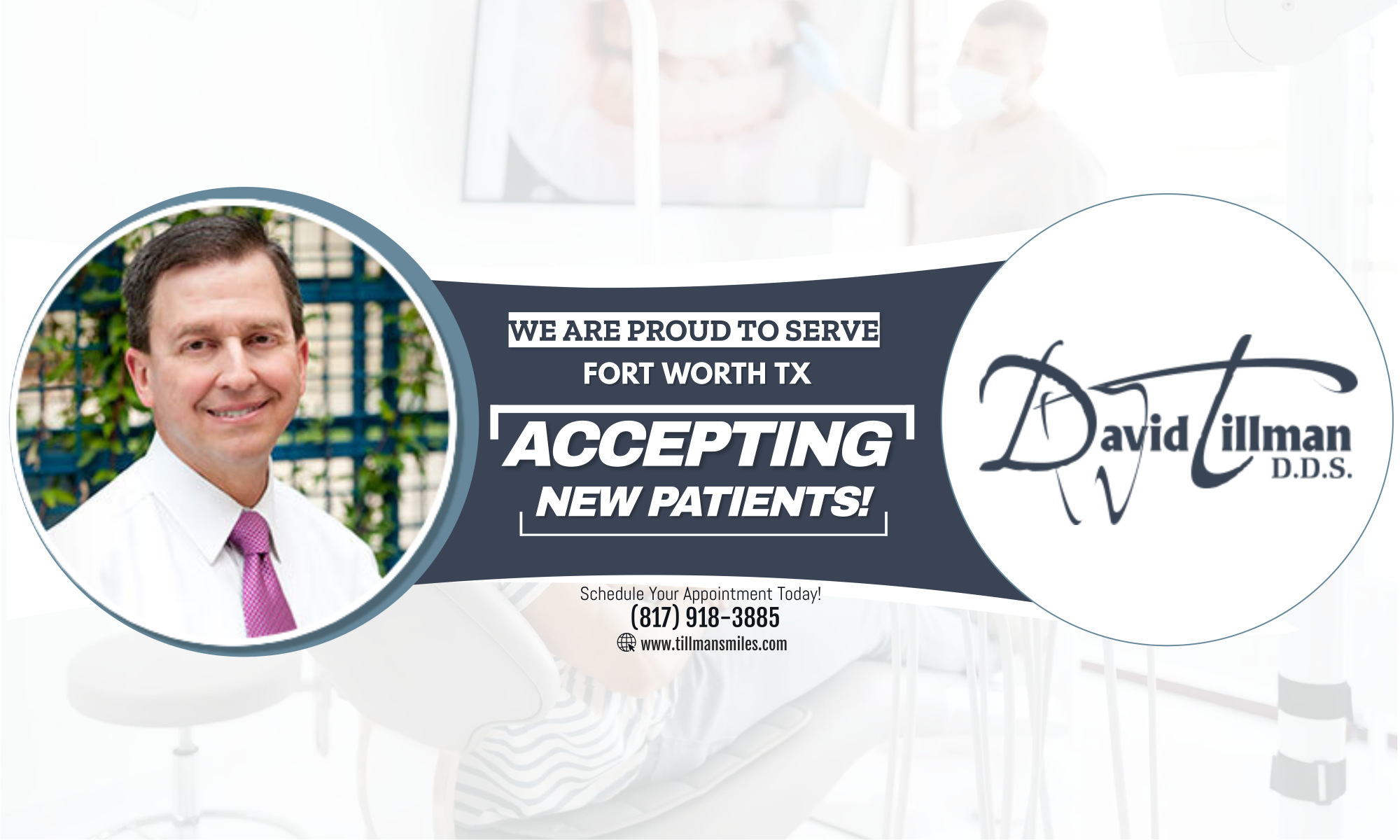With many people concerned about the taste and purity of tap water, the sales of bottled water have increased significantly in recent years.
Tap water goes through a process of purification designed to eliminate suspended materials, remove tastes and odors and kill microorganisms.
Fluoride is added to most tap water supplies with the aim of reducing cavities.
Fluoride becomes incorporated into our teeth as they develop and makes them more resistant to decay. It can reverse the progress of early cavities and reduce the need for dental treatment.
Mass water fluoridation has played an important role in reducing tooth decay.
The problem with bottled waters is that they usually don’t contain fluoride.
So there is a risk that drinking bottled water can increase the risk of cavities for some people.
If you drink a lot of bottled water, you can make up for this by using fluoride toothpaste and mouth rinse.
Your dentist may even suggest a fluoride supplement if they notice an increase in cavities.
